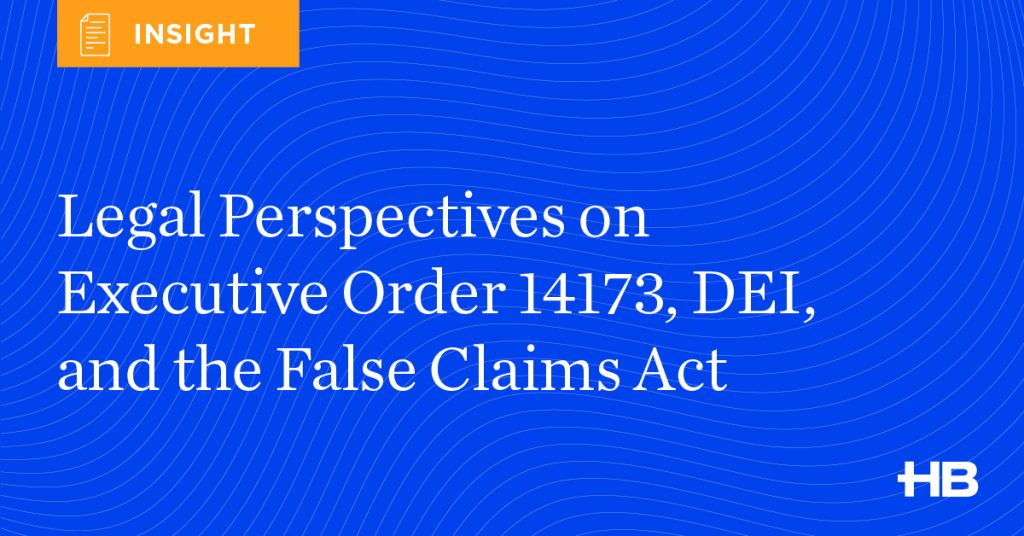Listen to the article
Trump Administration Signals Major Shift in Federal Anti-Discrimination Enforcement Approach
The Trump administration has embarked on a significant overhaul of how federal anti-discrimination laws are enforced, marking what experts describe as the most substantial change to this area in more than six decades. In a departure from historical precedent, the administration is leveraging powerful legal mechanisms like the False Claims Act and various criminal statutes to target what it terms “illegal DEI” practices.
This fundamental shift represents not only a reinterpretation of what constitutes discrimination under existing federal law, but also introduces entirely new enforcement methods that could have far-reaching implications for both public and private institutions.
Legal experts from Husch Blackwell note that the administration’s approach effectively redefines the boundaries of anti-discrimination enforcement. Their analysis suggests that practices previously considered standard or even beneficial for diversity initiatives may now fall under increased scrutiny or be classified as potentially discriminatory.
The administration’s policy changes have been swift and substantial since President Trump’s January 2025 inauguration. Through a series of executive orders and policy directives from the Department of Justice, federal authorities have signaled their intent to scrutinize diversity, equity, and inclusion (DEI) programs with unprecedented rigor.
Of particular concern to many organizations is the administration’s novel use of the False Claims Act as an enforcement tool. The FCA, which primarily targets fraud against the government, carries significant penalties including treble damages and substantial per-claim fines. Its application to anti-discrimination matters represents a muscular approach to enforcement not seen in previous administrations.
“This represents a watershed moment in civil rights law enforcement,” said a senior legal analyst familiar with federal compliance matters. “Organizations that have developed DEI initiatives based on previous federal guidance now face a rapidly changing compliance landscape.”
The administration’s policy shifts appear to target several key areas. Educational institutions with race-conscious admissions or scholarship programs may face particular scrutiny. Corporate diversity initiatives, especially those that include specific demographic targets or specialized recruitment programs, could also attract federal attention. Government contractors with diversity requirements in their procurement processes may need to reassess their compliance strategies.
For organizations potentially affected by these changes, the legal landscape presents significant challenges. Many institutions have invested heavily in DEI programs that were developed under different interpretations of federal law. The costs of quickly pivoting to meet new expectations could be substantial, both financially and operationally.
Industry experts recommend that organizations conduct thorough reviews of their existing DEI frameworks, employment policies, procurement practices, and educational programs. This process should include analyzing potential exposure under both traditional anti-discrimination frameworks and the newer enforcement mechanisms being deployed by the administration.
“Proactive compliance review is essential,” noted a compliance specialist at a major university. “Waiting until an investigation begins significantly limits an organization’s options and increases potential liability.”
The Husch Blackwell report offers a comprehensive framework for such reviews, emphasizing the importance of understanding both the substantive changes in what might constitute discrimination and the procedural changes in how these laws will be enforced.
While some business and educational leaders have expressed concern about the rapid policy shifts, others see the changes as necessary corrections to what they view as overreach in diversity initiatives.
As organizations navigate this changing landscape, legal experts emphasize the importance of staying informed about evolving federal guidance. The administration has indicated that additional clarifications and enforcement actions are forthcoming, suggesting that the transformation of federal anti-discrimination law enforcement remains an ongoing process.
For many institutions, particularly those receiving federal funding or contracting with the government, understanding and adapting to these changes will be critical to avoiding potentially costly legal challenges in the months and years ahead.
Verify This Yourself
Use these professional tools to fact-check and investigate claims independently
Reverse Image Search
Check if this image has been used elsewhere or in different contexts
Ask Our AI About This Claim
Get instant answers with web-powered AI analysis
Related Fact-Checks
See what other fact-checkers have said about similar claims
Want More Verification Tools?
Access our full suite of professional disinformation monitoring and investigation tools




8 Comments
This is a complex issue with a lot of nuance. While I understand the desire for fairness, I’m concerned that overzealous enforcement could inadvertently undermine important diversity efforts. Curious to see how it all plays out.
I share your concerns. Striking the right balance between anti-discrimination and supporting DEI will be critical. Unclear where the legal lines will ultimately be drawn.
Interesting shift in federal anti-discrimination enforcement. This could have major implications for companies’ DEI programs. I wonder how they’ll navigate the new legal landscape and potential False Claims Act risks.
You’re right, the administration’s reinterpretation of discrimination laws is a big deal. Companies will need to carefully review their DEI practices to ensure compliance.
This seems like a significant shift in federal enforcement priorities. I’ll be watching closely to see how it affects companies in the energy and commodities space. Potential False Claims Act risks are concerning.
As someone involved in the mining industry, I’m curious how this will impact hiring, training, and supplier diversity initiatives. A lot of uncertainty ahead, but I hope a pragmatic approach can be found.
Agreed, the mining sector will certainly be impacted. Navigating the new rules around DEI programs will be critical for maintaining a diverse workforce and supplier base.
The potential use of the False Claims Act is particularly concerning. That’s a powerful tool that could expose companies to major liability. I wonder if there will be any guidance or safe harbors provided to help organizations navigate this.